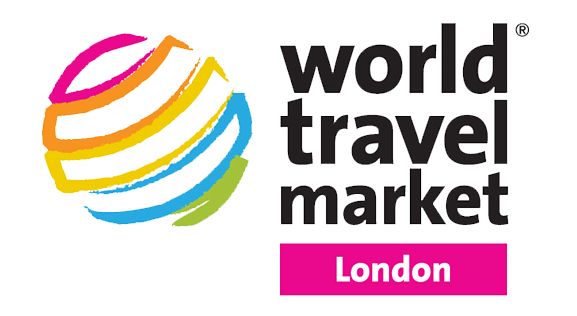Rethinking Hotel Marketing: The Ineffectiveness of Touristic Fairs in Today's Reality

Touristic fairs, encompassing various types such as Meetings and Incentives (MI), general public fairs, and forums designed for quick meetings between buyers and sellers, have long been a staple in the hospitality industry's marketing strategy. However, in today's rapidly evolving landscape, the effectiveness of these fairs as sales and marketing tools for hotels is increasingly being called into question. This article explores the reasons behind the diminishing returns of touristic fairs and suggests alternative budget allocations for achieving the same outcomes.
- Changing Consumer Behavior: One of the key reasons touristic fairs are losing their appeal is the shift in consumer behavior. With the advent of online platforms, travelers now prefer to conduct research, compare prices, and make reservations at the click of a button. The traditional approach of hotels showcasing their offerings at fairs is becoming outdated as potential guests rely more on digital platforms to make informed decisions.
- General Public Fairs: General public fairs, while attracting a large audience, often lack a targeted approach. Hotels participating in such events may find it challenging to stand out among the diverse offerings, leading to diluted marketing efforts. Moreover, the expectation of attendees to find a good deal at these fairs can drive prices down, making it an unsustainable strategy for hotels aiming to maintain a certain level of quality and service. Additionally, these fairs have transformed into spaces where suppliers of goods and services for the hospitality industry seek hotel managers to sell their products. For hotels, this can lead to a disproportionate focus on procurement rather than guest experience. Besides, the participation cost in these fairs can be exorbitant, including flights, accommodation, stand purchase, and fair-related expenses. Instead of allocating budgets to these fairs, hotels can focus on targeted online advertising campaigns, utilizing social media and search engine marketing to reach potential guests more effectively.
- Meetings and Incentives (MI) Fairs: MI fairs, which cater to the business travel sector, have traditionally been seen as valuable for hotels targeting corporate clients. However, the rise of virtual communication tools has reduced the necessity for face-to-face interactions. Additionally, the presence of Destination Management Companies (DMCs) at these fairs means that meeting organizers are already well-acquainted with the market. Unless a hotel is launching or introducing significant updates to its meeting spaces, participating in MI fairs may yield limited returns. The high cost of participation, including travel and accommodation expenses, makes it crucial for hotels to evaluate the return on investment in these events. Allocating resources to developing a strong online presence, creating engaging content, and offering tailored corporate packages can be more cost-effective in reaching businesses and organizations.
- Forum Models for Quick Meetings: Forums designed for quick meetings between buyers and sellers may seem efficient in theory, but the actual return on investment can be questionable. The limited time frame may not allow for meaningful discussions, making it challenging for hotels to showcase their unique offerings effectively. Besides, the costs associated with attending these forums, including participation fees and logistical expenses, can add up quickly. Instead, hotels can invest in creating personalized online presentations, virtual tours, videos, and interactive webinars to engage potential clients on a deeper level.
- Alternative Budget Allocations:
- Digital Marketing: Invest in robust digital marketing strategies, including search engine optimization (SEO), pay-per-click (PPC) advertising, and social media marketing. This ensures that hotels are visible to potential guests who are actively searching for accommodation options online.
- Content Creation: Develop high-quality content, such as virtual tours, videos, and blog posts, to showcase the hotel's amenities and unique selling points. Content marketing not only engages potential guests but also improves the hotel's online visibility and search engine rankings.
- Customer Relationship Management (CRM): Implement a CRM system to manage customer interactions effectively. Personalized email campaigns, loyalty programs, and targeted promotions can be more impactful in building long-term relationships with guests.
- Partnerships and Collaborations: Explore partnerships with travel influencers, online travel agencies, and local businesses to expand the hotel's reach. Collaborative marketing efforts can tap into new markets and attract a diverse audience.
In conclusion, while touristic fairs have played a significant role in hotel marketing historically, their effectiveness is waning in the face of changing consumer behavior, technological advancements, and the escalating costs associated with participation. Hotels should reconsider their budget allocations and focus on digital marketing, content creation, customer relationship management, and strategic partnerships to achieve better results in today's dynamic hospitality landscape. By embracing innovative approaches, hotels can stay ahead of the curve and effectively reach their target audience in the digital age.